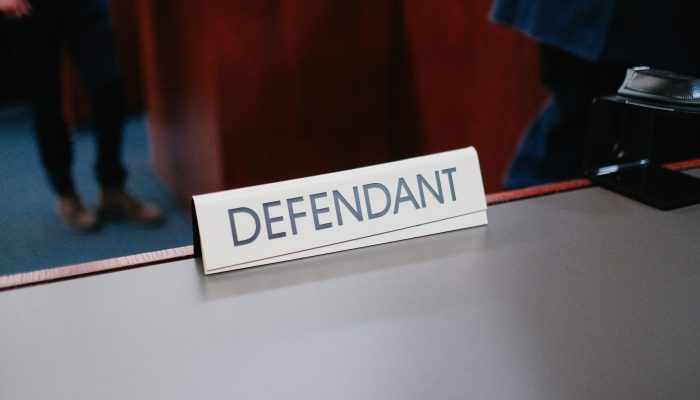Criminal liability is a legal concept that holds individuals responsible for their actions or omissions if they are found to have committed a criminal act. Criminal liability differs from civil liability, which is based on the breach of a contract or tort. To be considered criminally liable, an individual must have acted with intention or negligently and thus there must be both an actus reus and mens rea.
Criminal liability is a complex concept that can have far-reaching legal implications. This article will provide an in-depth look at the concept of criminal liability, its various forms, and the legal consequences that may result from it.
General principles of criminal law
The legal maxim “actus non facit reum, nisi mens sit rea” is a cornerstone of penal liability, emphasizing that guilt cannot be established solely based on an action — it must be accompanied by a guilty state of mind, known as “mens rea.”
Actus reus
Actus reus is a fundamental concept in criminal liability, often referred to as the “guilty act.” This Latin term encapsulates the external or objective component of a criminal offense. Essentially, it pertains to the actions or omissions that constitute the physical aspects of a crime, as defined by statute.
Mens rea
In contrast, mens rea — another cornerstone principle in criminal liability — translates to the “guilty mind.” This Latin expression signifies the mental element of an individual’s intent to engage in criminal conduct. The mental state is a crucial component when assessing criminal behavior.
Therefore, mens rea serves as the driving force behind the commission of a crime. It reflects an individual’s cognitive state and their awareness of the wrongful nature of their actions.
Burden of proof
The burden of proof in legal proceedings determines the standard required to establish a fact in court. In criminal cases, the prosecution must prove guilt beyond a reasonable doubt, while civil cases demand proof by a preponderance of the evidence.
This burden comprises two aspects — the burden of production such as presenting evidence, and the burden of persuasion like the convincing the fact-finder. Various standards exist, such as clear and convincing evidence, probable cause, reasonable suspicion, and more, each tailored to specific legal contexts.
These standards ensure fairness and accuracy in legal outcomes by aligning the burden of proof with the nature of the case and jurisdiction.
Exception
Criminal liability law acknowledges situations where a person, despite engaging in a criminal act, should not be held accountable for it. This includes individuals who, due to mental incapacity, lack the culpability required for criminal guilt.
Another group exempted from certain criminal liability is minors. The underlying rationale is that these individuals cannot form the necessary intent for it to be just to hold them responsible for the crime. In essence, they are responsible for their actions but not legally liable due to their incapacity to meet the required intent standard.
You can read the full article at Thomson Reuters.

